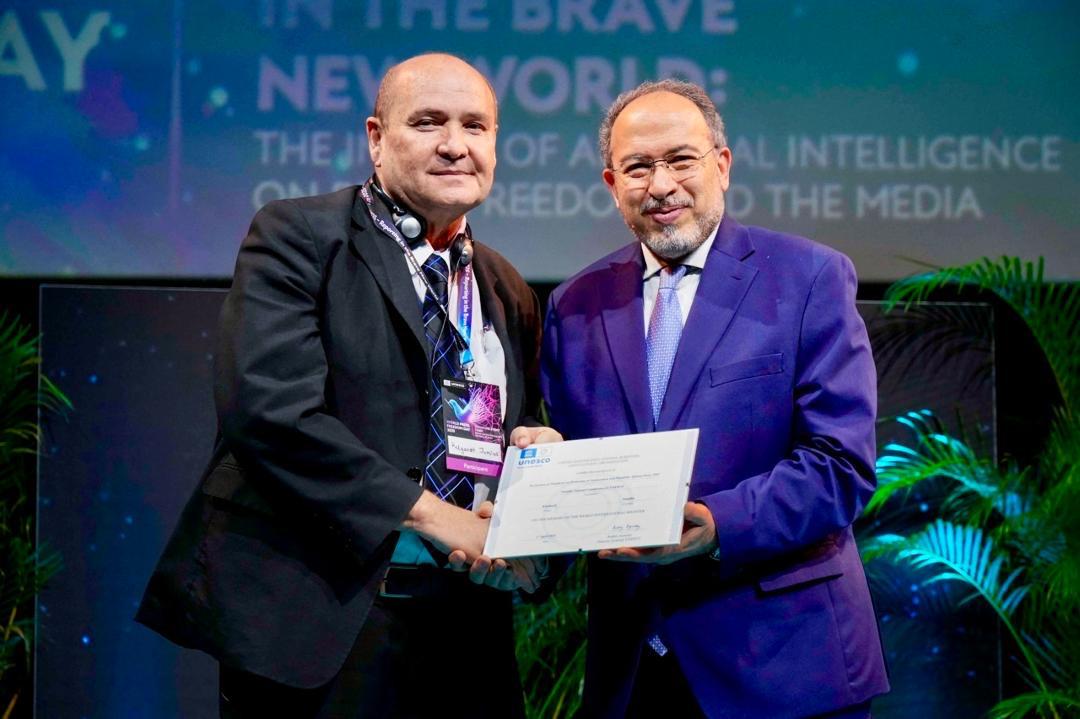OUT of the rubble from the earthquake that hit China’s province of Sichuan, a remarkable image of a man struck me.
In fact, such images of human beings coming out alive were not rare, but what hit me was what the man said on CNN as he emerged, struggling for his breath: “I want a Coca-Cola”. Now Coca-Cola, along with Starbucks coffee shops and McDonald’s, happen to be possibly some of the most powerful symbols of American hegemony in what we consume on a daily basis.These have become cultural products and the Chinese rightly refer to McDonald outlets as “American cultural embassies”.In fact, the opening of a Starbucks coffee shop in Beijing’s Forbidden City in 2000 brewed up a storm with outraged local media reporting that 70 per cent of people would rather not sip the American chain’s frappuccinos in the footsteps of the famous Son of Heaven.Starbucks was eventually forced to close this flagship shop at some point last year.On a more familiar note, many have commented that with Barack Obama technically clinching the Democratic Party nomination it is worth noting what an exceptional moment this is for the United States.Thinking about this in America’s racial historical context, it is indeed extraordinary.In particular, the polls say he is the odds-on favourite to become the next President.It is also an extraordinary moment for Africa as a result of Obama’s late Luo father from the little village of Nyangoma-Kogelo in Kenya.Much of the simplistic discussion around Senator Obama in Africa has been an exchange of what Obama could do for Africa as the first black President of the United States.I am not optimistic in that sense, nor do I generally believe that Barack Obama would effect wholesale foreign policy changes in line with his idealistic foreign policy mantra elaborated in his major opus ‘The Audacity of Hope: Thoughts on Reclaiming the American Dream’.But if there is an interesting story that emerged from Obama’s nomination, and hopefully his election as the first black President of the United States, it is the story of the sociological and political dynamism of the United States.I don’t know if such stuff, usually of a fairytale nature, could happen elsewhere (in another country) in our lifetime.You may be tempted to speak about a black woman, the ceremonial governor general of Canada, Michaële Jean.Yet, it does not compare in sheer size and scale to the historic opportunity presented by an Obama Presidency in the United States.I believe we talk less about why Barack Obama is on the verge of becoming the first black president of the United States barely less than five decades after the civil rights movement.Perhaps, asking “why” would mean celebrating America’s democracy.And under the current political conditions in our country, with the finger-waving “revolutionaries” on the lookout for “reactionaries” sitting in western academies, it would be the most politically incorrect thing to argue.Writing or rather attempting to explain things this way: what is politically exciting about the United States certainly amounts to treason in our post-liberation polluted political vocabulary.Still, Obama’s democratic nomination, and his potential entry into the White House is perhaps one of the most potent moral lessons America is giving to the world.It is more powerful than America’s foreign-policy jargon with its mantra about democracy promotion as a foreign policy goal of the United States in the world.Obama’s nomination is the epitome of American soft power beamed into the world in ways that are unprecedented.In essence we are witnessing an opportunity that is likely to transform American hegemony in ways that are more meaningful, perhaps more consensual.As a consequence, it becomes perhaps more comprehensible through the Obama revolution why a French noble, Alexis de Tocqueville, left France after it had gone through its revolution to go try and understand the inner moorings of American democracy.On the whole, through this American lesson, democracy is for sure likely to remain the most salient export product of the 21st century.Perhaps, the comrades would at some point shout for more democracy -and the opportunities it should represent for minorities in our presidential politics – after having properly discerned why Obama became the first black president of the United States.Obama’s story is a moral lesson inherent in the opportunities that ought to drive free and democratic societies.* Alfredo Tjiurimo Hengari is a PhD fellow in political science at the University of Paris- Panthéon Sorbonne, France.Now Coca-Cola, along with Starbucks coffee shops and McDonald’s, happen to be possibly some of the most powerful symbols of American hegemony in what we consume on a daily basis.These have become cultural products and the Chinese rightly refer to McDonald outlets as “American cultural embassies”.In fact, the opening of a Starbucks coffee shop in Beijing’s Forbidden City in 2000 brewed up a storm with outraged local media reporting that 70 per cent of people would rather not sip the American chain’s frappuccinos in the footsteps of the famous Son of Heaven.Starbucks was eventually forced to close this flagship shop at some point last year.On a more familiar note, many have commented that with Barack Obama technically clinching the Democratic Party nomination it is worth noting what an exceptional moment this is for the United States.Thinking about this in America’s racial historical context, it is indeed extraordinary.In particular, the polls say he is the odds-on favourite to become the next President.It is also an extraordinary moment for Africa as a result of Obama’s late Luo father from the little village of Nyangoma-Kogelo in Kenya.Much of the simplistic discussion around Senator Obama in Africa has been an exchange of what Obama could do for Africa as the first black President of the United States.I am not optimistic in that sense, nor do I generally believe that Barack Obama would effect wholesale foreign policy changes in line with his idealistic foreign policy mantra elaborated in his major opus ‘The Audacity of Hope: Thoughts on Reclaiming the American Dream’.But if there is an interesting story that emerged from Obama’s nomination, and hopefully his election as the first black President of the United States, it is the story of the sociological and political dynamism of the United States.I don’t know if such stuff, usually of a fairytale nature, could happen elsewhere (in another country) in our lifetime.You may be tempted to speak about a black woman, the ceremonial governor general of Canada, Michaële Jean.Yet, it does not compare in sheer size and scale to the historic opportunity presented by an Obama Presidency in the United States.I believe we talk less about why Barack Obama is on the verge of becoming the first black president of the United States barely less than five decades after the civil rights movement.Perhaps, asking “why” would mean celebrating America’s democracy.And under the current political conditions in our country, with the finger-waving “revolutionaries” on the lookout for “reactionaries” sitting in western academies, it would be the most politically incorrect thing to argue.Writing or rather attempting to explain things this way: what is politically exciting about the United States certainly amounts to treason in our post-liberation polluted political vocabulary.Still, Obama’s democratic nomination, and his potential entry into the White House is perhaps one of the most potent moral lessons America is giving to the world.It is more powerful than America’s foreign-policy jargon with its mantra about democracy promotion as a foreign policy goal of the United States in the world.Obama’s nomination is the epitome of American soft power beamed into the world in ways that are unprecedented.In essence we are witnessing an opportunity that is likely to transform American hegemony in ways that are more meaningful, perhaps more consensual.As a consequence, it becomes perhaps more comprehensible through the Obama revolution why a French noble, Alexis de Tocqueville, left France after it had gone through its revolution to go try and understand the inner moorings of American democracy.On the whole, through this American lesson, democracy is for sure likely to remain the most salient export product of the 21st century.Perhaps, the comrades would at some point shout for more democracy -and the opportunities it should represent for minorities in our presidential politics – after having properly discerned why Obama became the first black president of the United States.Obama’s story is a moral lesson inherent in the opportunities that ought to drive free and democratic societies.* Alfredo Tjiurimo Hengari is a PhD fellow in political science at the University of Paris- Panthéon Sorbonne, France.
Stay informed with The Namibian – your source for credible journalism. Get in-depth reporting and opinions for
only N$85 a month. Invest in journalism, invest in democracy –
Subscribe Now!










